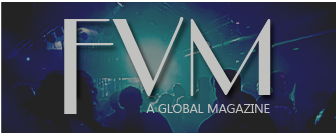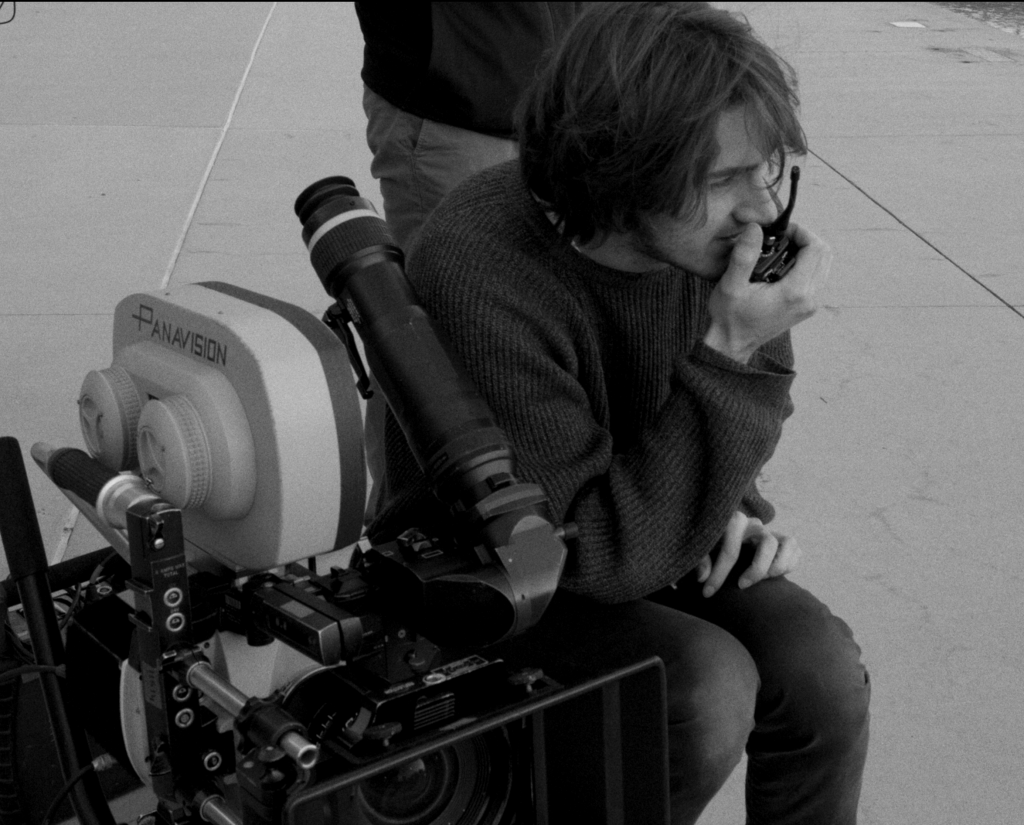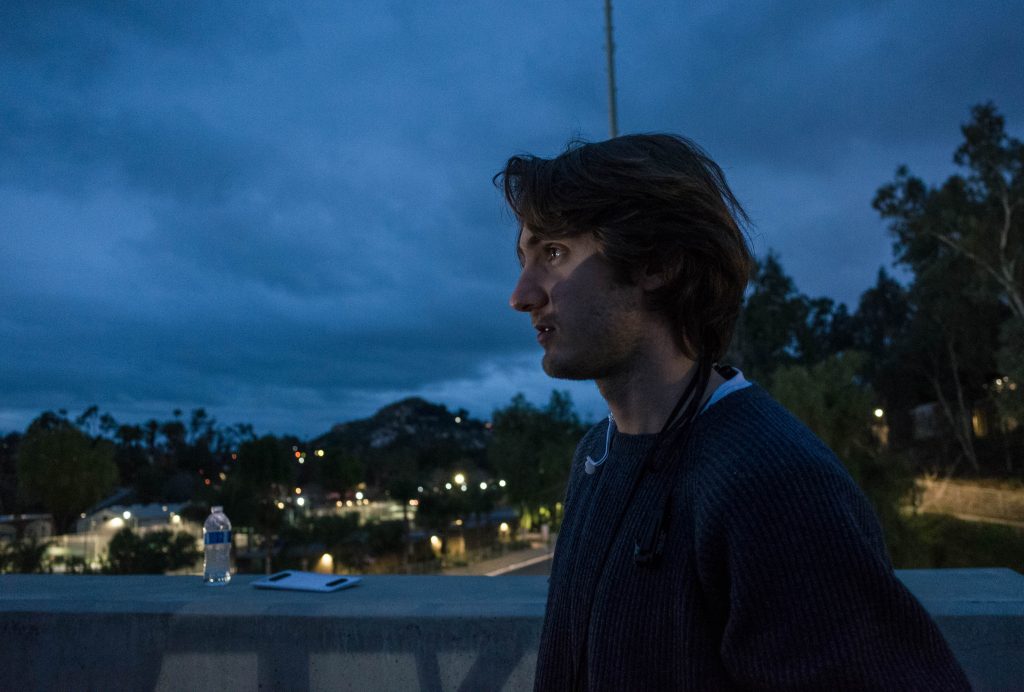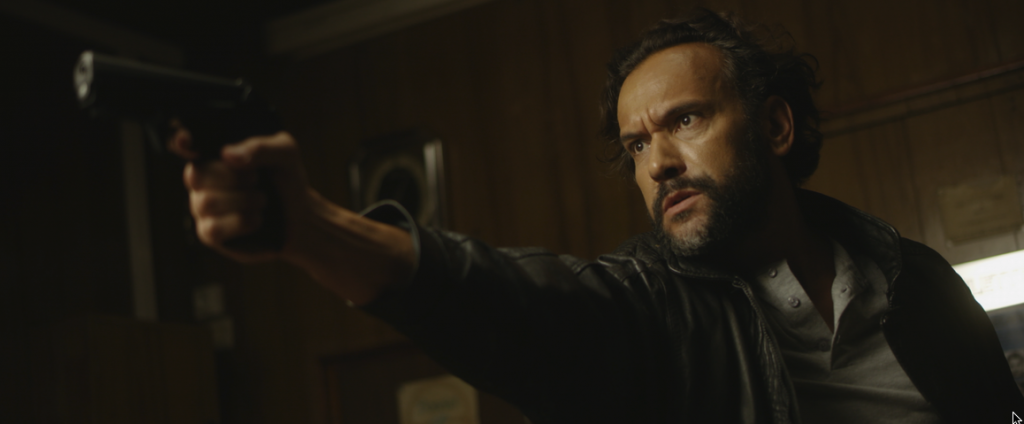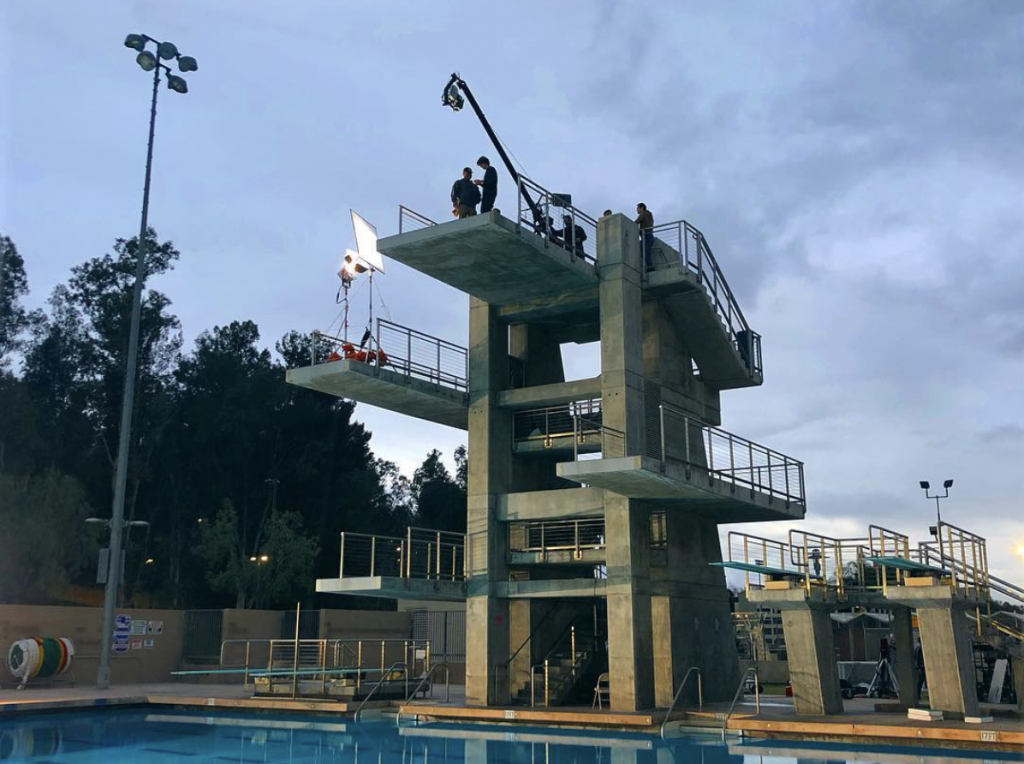Guido Raimundo: Visionary Cinematographer
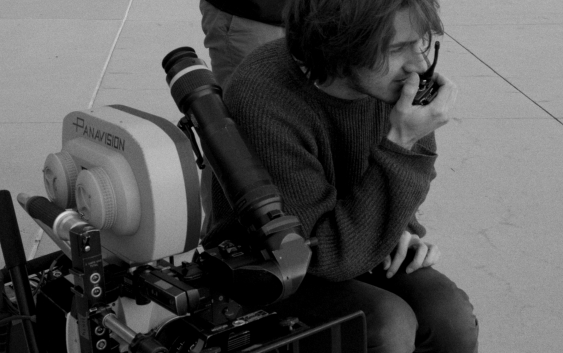
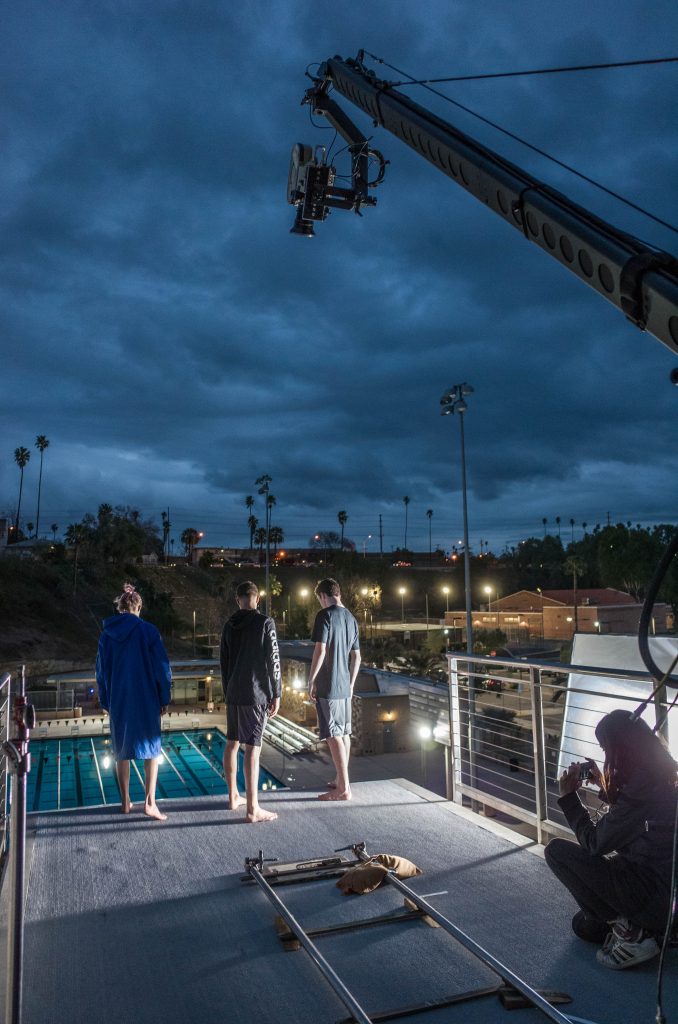
Creative individuals are often optimistic and enthusiastic visionaries who lead us into the future, and, recognizing that, I have always had a soft spot in my heart for such innovative blithe spirits. I never tire of engaging with those who inhabit this realm and I even take delight in being in their orbit. It is quite rare to find the spark of such creativity in the young, but indeed I detected it upon meeting cinematographer Guido Raimundo at a recent dinner party. Affable and talented, Guido already has four film projects to his credit and in these he shines. I asked for an interview and he was most amenable. The following was our conversation.
FVM Global: Where did you get your degree?
I got my MFA in cinematography at the American Film Institute Conservatory in Los Angeles. It’s a hands on two year master’s program for people who have had previous professional experience in film.
FVM Global: Where were you born?
I was born in Varese, a small town in northern Italy, and I grew up in Milan.
FVM Global: How did you learn English?
The Italian school system is not the best place to learn English. I watched many American films and television programs and traveled extensively, all of which helped me to learn English. I also did an exchange program in Australia for six months, and that’s where I feel that I finally became fluent in English.
FVM Global: When did you come to America?
I moved here 3 years ago to attend AFI.
FVM Global: Did you attend a secondary arts school before attending college?
I attended an arts school in Paris focused on filmmaking before moving to the US. It was truly a great place to explore all the creative possibilities cinema has to offer in a city filled with art and life.
FVM Global: Why did you choose cinematography?
Most people, when they first become interested in filmmaking, aspire to become directors. However, I quickly realized that I was much more interested in the visual and technical aspects of film. I remember watching a Quentin Tarantino interview in which he shared a memory that deeply touched me. He asked one of his favorite directors how he creates a clear vision in the films he directs. The director responded to Tarantino that he didn’t create anything, but rather surrounded himself with great artists who were able to put his vision on screen. That was it for me, that was when I knew I wanted to be part of that great group of artists who bring a director’s vision to life.
FVM Global: Were you a camera aficionado before coming to America?
I have been obsessing over filmmaking and cinematography from a very young age. My first job was in a camera rental house, and I have never worked in a position that wasn’t related to film in some way.
FVM Global: What are your goals for the future?
Creating a network of people that I enjoy working with is always the main goal. I have been seeking out and participating in high quality projects and in that vein I recently shot for Ray-Ban and Barbara Tfank. It was a nice challenge working in fashion where the aesthetic rules differ from those of narrative pieces, and I hope to do more of those projects in the future. Of course, in pursuit of a long-standing and ever-present aim, I have been steadily working towards finally shooting a feature film.
FVM Global: Do you frame the shot beforehand or do you look through the lens?
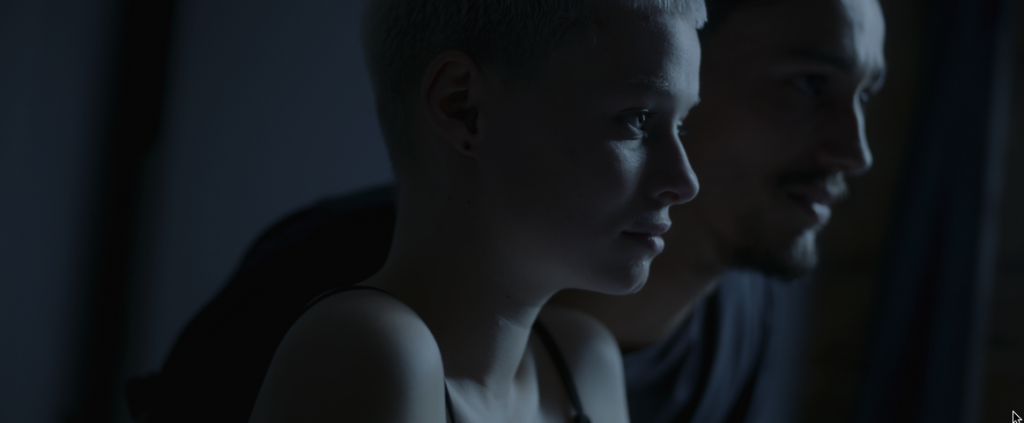
An incredible amount of preparation goes into framing each shot. I feel most people don’t realize that everything you see on screen is there by design and it has been manipulated for effect in some way or another. We often create storyboards where we draw the frames days or weeks before the shoot and once on set we use phone apps to help us frame the shots before bringing in the camera. As cameras and lenses are still very big, you don’t want to move them back and forth too much. It’s better to frame with a director’s viewfinder or a phone before having the camera assistants bring the camera over.
However, final decisions and touches are made looking through the actual lens. Modern digital cameras allow everyone involved to see an image on a big monitor and as a result of this ease of presentation sometimes we get a bit lost in the final touches and lose perspective of what the priorities are. That’s one of the reasons why I enjoy shooting on film stock, because the filming team has to trust one another to bring about a great shot and each member must be responsible for individual choices and actions.
FVM Global: Would you like to direct yourself?
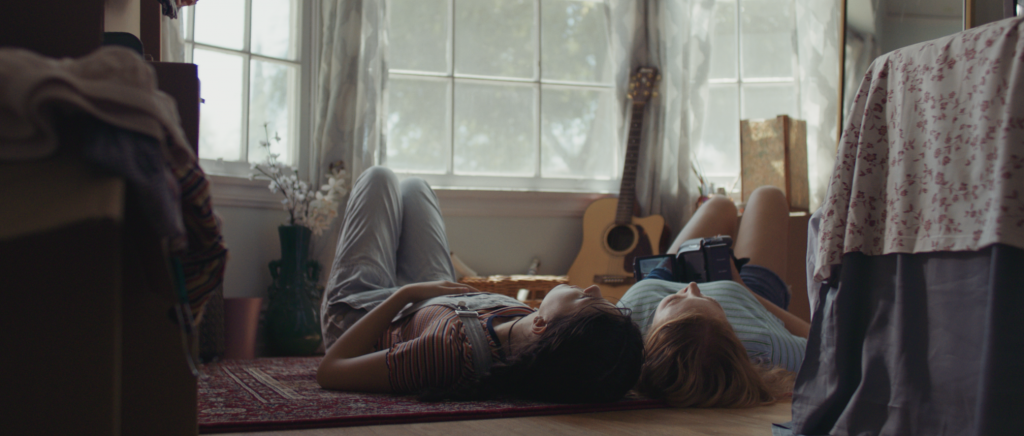
I truly believe being a cinematographer is the best job on set and I just love it too much to give it up. Perhapsif the right story and opportunity come around I would be happy to direct, but I would never want to change my career in that direction. Being a director is very hard, you are not working as much, it can be very lonely, and you need to be able to navigate politics and egos. I love being on set all the time, and working with my team – I need that in my life!
Guido Raimundo: The Oeuvre
The Jump (2019) – Available online
Elle (2019) – Festival Circuit
The Other Check (2019) – Festival Circuit
Like Wolves and Lambs (2018) – Available online
Mad Love (2017) – Available online
You can see his showreel at:
